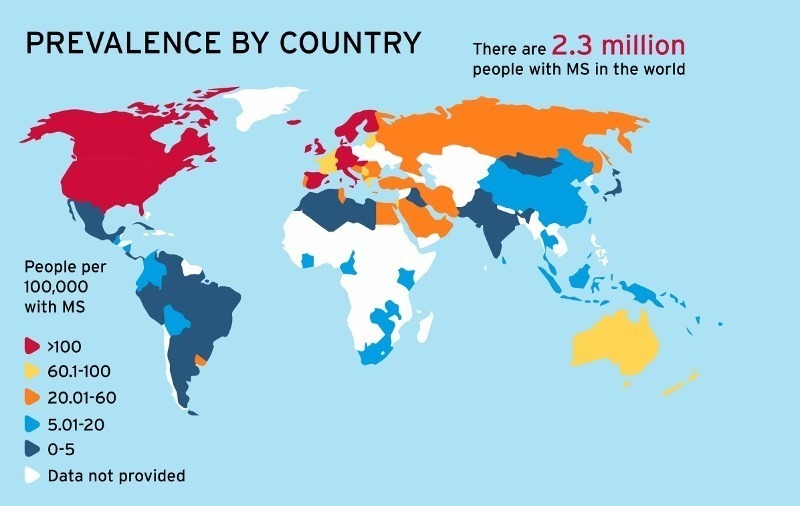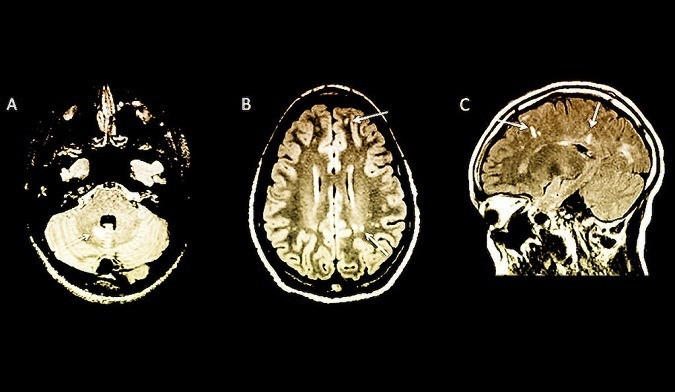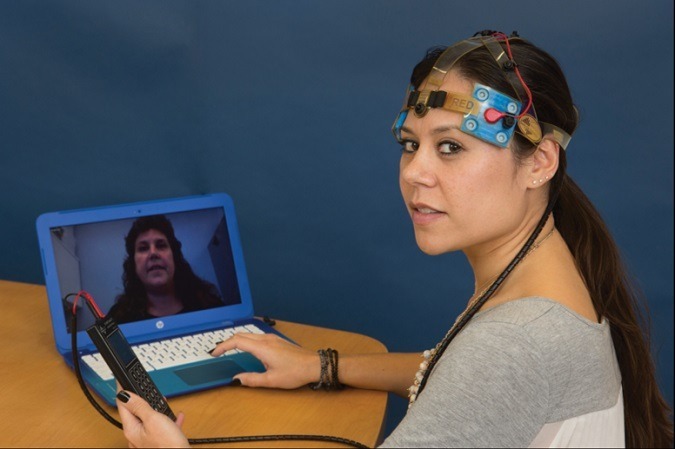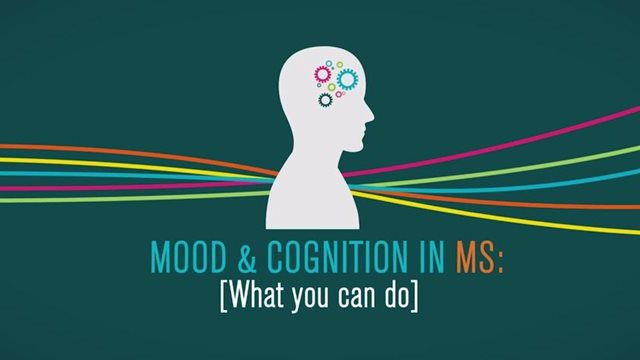Posts Tagged ‘multiple-sclerosis’
Evidence review finds that computer-based cognitive training can significantly improve memory in patients with multiple sclerosis (MS)
___ Computer-Based Cognitive Training Improves Memory Domains in Multiple Sclerosis (Neurology Advisor): “Computer-based cognitive training may assist in improving memory in patients with multiple sclerosis (MS), according to a systematic review published in Multiple Sclerosis and Related Disorders. A total of 9 studies reporting the use of computer-based cognitive training in patients with MS were…
Read MoreAre you familiar with these research findings and technologies revolutionizing Brain & Mental Health?
___________________________________ Try adding 3 and 8 in your head. That was easy. Now, trying adding 33 and 88. That was probably more difficult. Finally, try adding 333 and 888. Time for SharpBrains’ October e‑newsletter, this time discussing a range of research findings and technologies revolutionizing brain and mental health. New thinking about cognition, brain and mind: Study suggests the…
Read MoreNext: Brain scans to identify children at high risk of developing multiple sclerosis (MS) before symptoms appear
______________________________ MS risk in children spotted with MRI brain scans (Yale News): “By the time multiple sclerosis (MS) is diagnosed in children, it may be difficult to prevent the disabilities and relapses that come with the disease. In a new Yale School of Medicine study, researchers examined MRI brain scans to identify children at high risk…
Read MoreStudy: Transcranial Direct Current Stimulation (tDCS) can reduce fatigue in patients with Multiple Sclerosis (MS)
_______________ Transcranial Direct Current Stimulation Shown to Reduce Fatigue Associated with Multiple Sclerosis (NYU Lagone Health press release): “People with multiple sclerosis (MS) who underwent a non-invasive form of electrical brain stimulation experienced significant reductions in fatigue, a common and often debilitating symptom of the disease
Read MoreMerck and HAPPYneuron partner to include cognitive remediation program in Multiple Sclerosis e‑Health Solution
Merck KGaA In Deal With HAPPYneuron To Offer E‑Health Solution For MS Patients (Nasdaq): “German drug maker Merck KGaA (MKGAY.PK) announced Monday that it has entered into an agreement with HAPPYneuron, a subsidiary of SBT Group of France, in which Merck will receive an exclusive license to the company’s cognitive remediation training program for people…
Read MoreNext: Scalable, medication-free relief of cognitive symptoms related to Multiple Sclerosis (MS)
———- At-Home Cognitive Remediation May Provide Medication-Free Symptom Relief for Neuropsychological Issues Associated with Multiple Sclerosis (press release): “Cognitive impairment is one of the core symptoms of multiple sclerosis (MS)—and one of its most troubling concerns for many people with the condition. Now, a new study from NYU Langone Medical Center may provide hope for…
Read More




